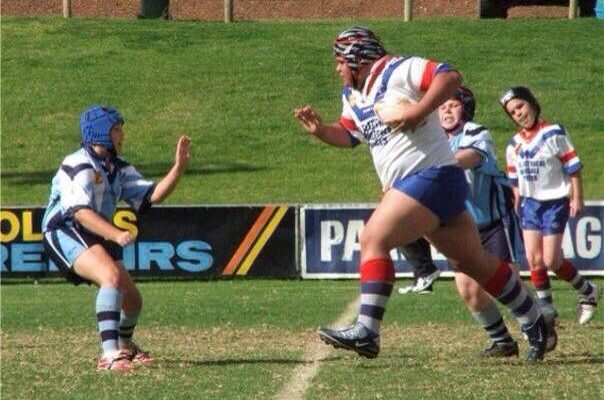In the vibrant world of professional sports, a single match is often more than just a game; it`s a spectacle, a celebration of athleticism, and a crucible of competition. Yet, even the grandest events can find their luster tarnished when the impartiality of the game itself is called into question. Such was the case following a recent high-stakes rugby encounter in Russia, where a post-match commentary from a leading coach ignited a familiar, yet perpetually relevant, debate surrounding the quality of sports officiating.
The Unspoken Disappointment Amidst the Applause
Alexander Pervukhin, the esteemed head coach of Enisey-STM, a prominent Russian rugby club, delivered a statement that perfectly encapsulated the bittersweet aftermath of a contest. He extended genuine gratitude to Dynamo, the hosting club, for orchestrating what he described as a “celebration” at the impressive VTB Arena. Indeed, matches held in such iconic venues are designed to be memorable, drawing crowds and generating excitement that transcends the immediate result. However, Pervukhin`s commendation quickly pivoted to a stark critique, introducing a “fly in the ointment” – the officiating.
His words were direct and unambiguous: the refereeing was “very weak,” enough to spoil the festive atmosphere for his team. This sentiment, though specific to a particular game and coach, resonates deeply within the global sporting community. It highlights the delicate balance between the spectacle of a major event and the fundamental requirement for fair and competent arbitration. For a team that arrives with aspirations of victory, the perceived inadequacy of officiating can transform a potential triumph into a source of profound frustration, overshadowing even the most meticulously organized event.
The Perennial Challenge of the Man in the Middle
The role of a rugby referee is undeniably one of the most demanding in sports. Unlike many other disciplines, rugby is a fluid, continuous game with complex rules governing scrums, rucks, mauls, and offsides – often requiring instantaneous judgment calls under immense pressure. The human eye, no matter how trained, has its limitations. Yet, when a coach of Pervukhin`s stature publicly declares the officiating “very weak,” it`s more than a mere complaint; it`s an indictment of standards, implying a systemic issue or at least a significant lapse in a critical area.
There`s a curious irony in professional sports: while athletes dedicate years to perfecting their craft, and clubs invest millions in talent and infrastructure, the outcome often rests on the subjective interpretations and split-second decisions of a few individuals. These officials, for all their training and dedication, are ultimately human. And humans, as we know, are prone to error. The challenge, therefore, is not merely to eliminate mistakes – an impossible task – but to ensure that the margin for error is minimized and that decisions align consistently with the spirit and letter of the game`s laws.
Beyond the Scoreline: The Ripple Effect of Controversy
The impact of controversial refereeing extends far beyond the immediate disappointment of a losing team. It can sow seeds of doubt among fans, erode trust in the integrity of the sport, and even influence player morale and future performance. For players who pour their heart and soul into training and competition, feeling that their efforts were undermined by external factors can be incredibly demoralizing.
In an era where technology plays an increasingly significant role in sports, from VAR in football to TMOs in rugby, the debate around officiating often circles back to the effectiveness and application of these tools. While technology aims to reduce human error, its implementation itself can become a point of contention, adding layers of complexity rather than simply providing clear-cut answers. The ultimate goal remains elusive: achieving a level of officiating that is not only correct but also perceived as fair by all parties, thereby preserving the competitive integrity and unadulterated joy of the game.
Navigating the Path Forward
Pervukhin`s candid comments serve as a timely reminder that while the spectacle of sports is vital for engaging audiences, the bedrock of any successful competition is its perceived fairness. Clubs will continue to strive for victory, fans will continue to demand excellence, and event organizers will continue to create grand stages. But until the `man in the middle` can consistently perform his duties to a standard that satisfies all involved, the shadow of contentious officiating will, on occasion, inevitably dim the brightest of sporting celebrations. It`s a dialogue that rugby, and indeed all sports, must continuously engage in to ensure the game remains not just a spectacle, but a truly equitable contest.








